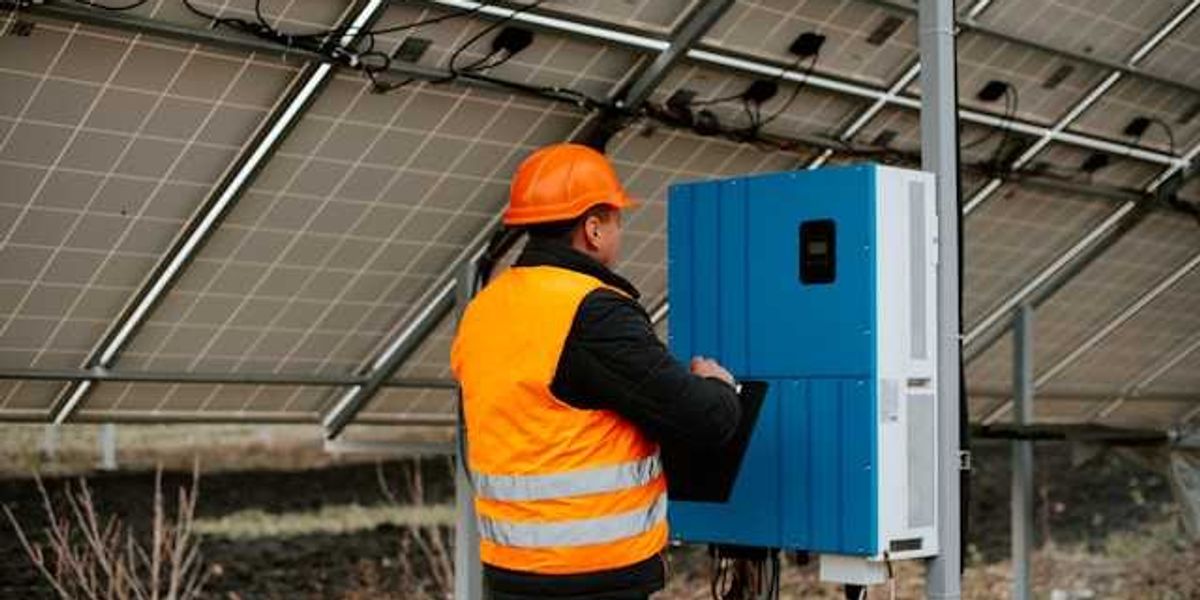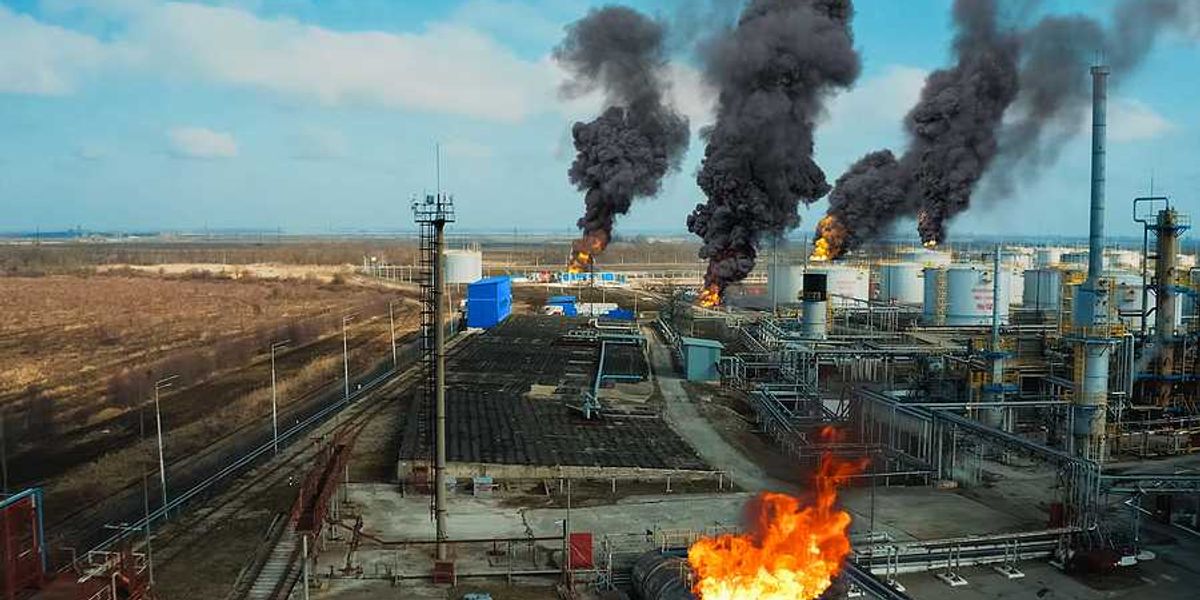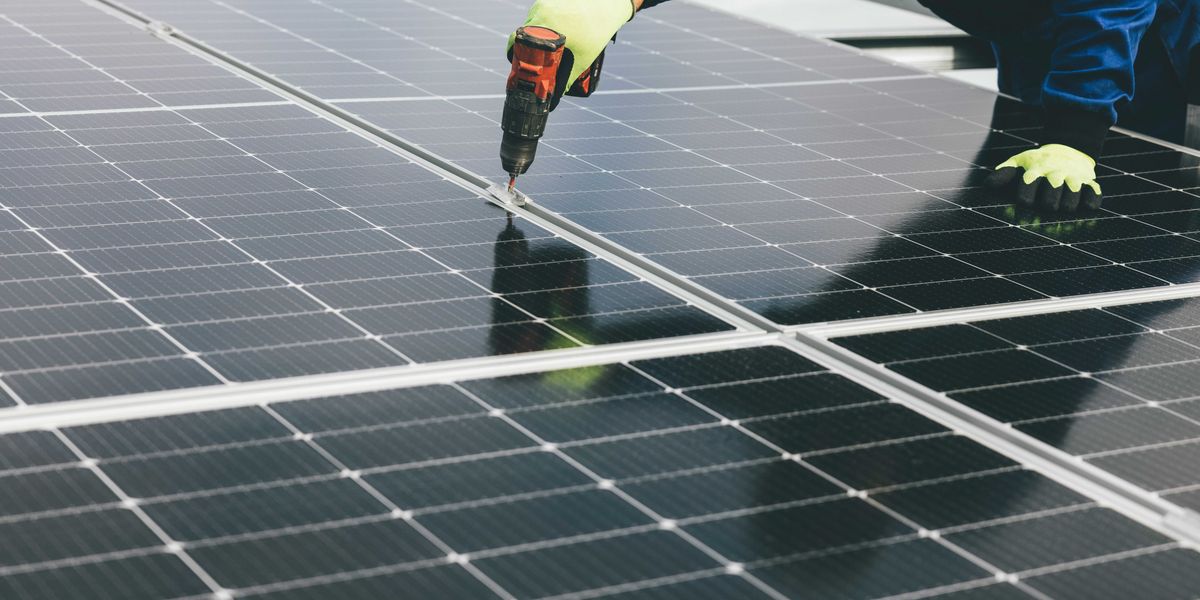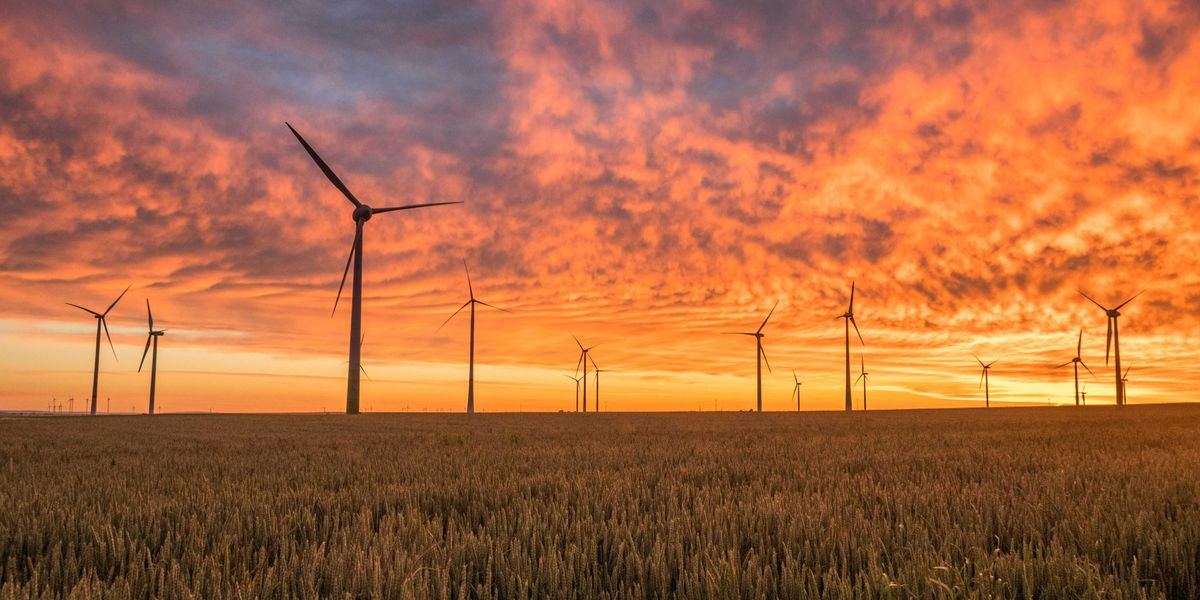Solar pumps are boon to agriculture but contribute to looming water crisis
Farmers across hot, arid landscapes are increasingly harnessing solar energy to power irrigation, a move that slashes reliance on costly fossil fuels and ramps up food production. Yet, this innovation also has a dark side: It accelerates the depletion of vital groundwater reserves worldwide.
Fred Pearce reports for Yale E360.
In short:
- Solar-powered irrigation is transforming agriculture in regions like India, offering farmers a cost-effective way to increase crop yields.
- Despite its benefits, this technology is causing groundwater levels to plummet, posing a significant threat to environmental sustainability and water security.
- The rapid adoption of solar pumps, while reducing fossil fuel use, inadvertently contributes to a looming global water crisis.
Key quote:
The success of solar pumps is "threatening the viability of many aquifers already at risk of running dry."
— Soumya Balasubramanya, economist at the World Bank
Why this matters:
While solar pumps promise to revolutionize agriculture and bolster food security, their impact on groundwater reserves highlights the increasing need for sustainable water management practices.
Swapping out coal energy for solar would prevent 52,000 premature deaths in the United States every year.













